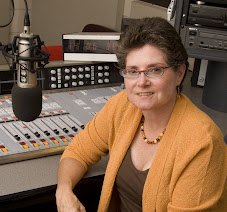Most of the interviews on Lincoln Avenue explore current issues, with a strong focus on the Mahoning Valley. This week, we’re talking about the past, with historian Whitney Strub. But the history he studies is very much part of contemporary life, since debates about pornography, obscenity, and sexuality never seem to die.
As Whitney explains, we can to a great extent track the pendulum swing of that debate according to which political party is in power. When Republicans dominate, concerns about morality shape policy. For Democrats, the concerns are more about balancing free speech with censorship. Across the political spectrum and through much of the past century, however, the primary issue shaping public policy about obscenity has been how it influences children. That encompasses crack-downs on child pornography, worries about children’s viewing of internet porn, and fears about pedophilia. Other key issues have to do with the exploitation of women, negative representations of sexuality, and concerns about how the porn industry operated.
Strub also examines how what gets defined as “obscene” reflects changing social and political mores. In the middle of the 20th century, images of interracial couples could be deemed obscene, even if they were merely holding hands. Similarly, images of homosexuality have often been judged as unacceptable.
Running through all of the history, though, is a sense of futility. Despite various laws and public debates, pornography continues to thrive, and the industry keeps adapting to new technologies and social trends.
